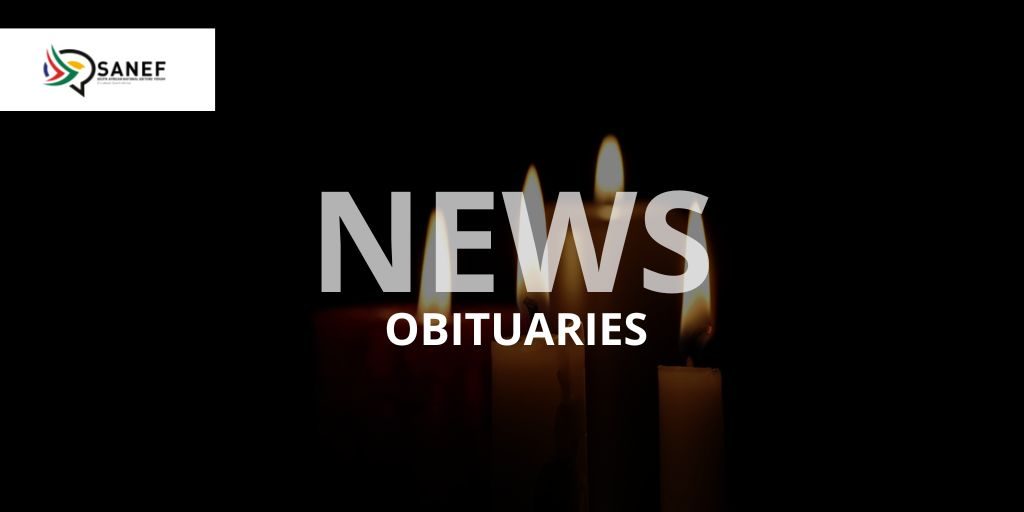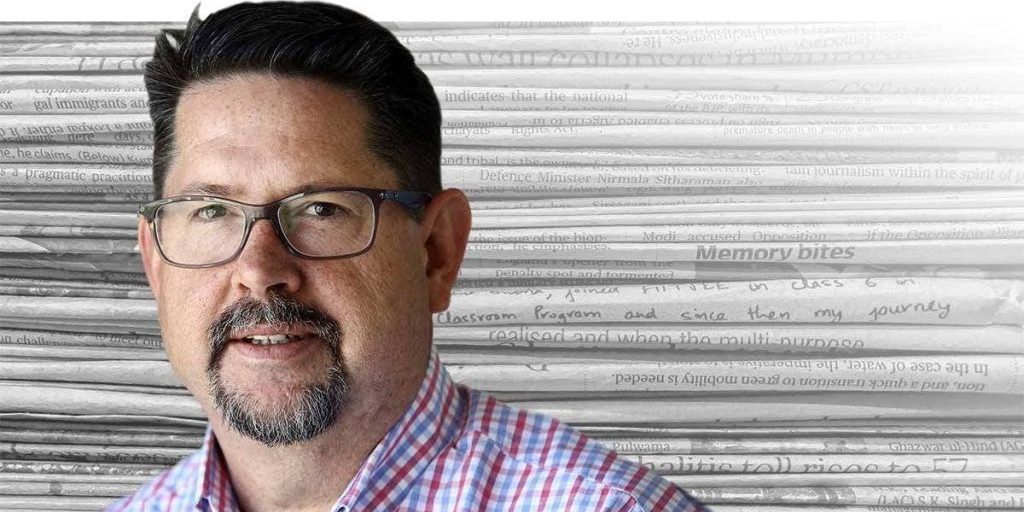World Press Freedom Day examines the impact of AI in Journalism
2 May 2025
The South African National Editors’ Forum (Sanef) joins its global peers in examining artificial intelligence’s (AI) impact on journalism, media sustainability, and press freedom as the industry commemorates World Press Freedom Day on 3 May.
UNESCO’s 2025 theme is “Reporting in the Brave New World: The Impact of Artificial Intelligence on Press Freedom and the Media.” Sanef concurs with UNESCO that we need to focus on the “profound influence of AI on journalism and media,” given that it serves both as an advantage and a disadvantage to the sector.
“AI is transforming journalism, providing tools that enhance investigative reporting, content creation, and fact-checking. It allows for greater efficiency, multilingual accessibility, and improved data analysis. However, these tech advancements also have risks: AI-generated misinformation and disinformation, deepfake technology, biased content moderation, and surveillance threats to journalists. Additionally, AI’s role in the media business model raises concerns about fair remuneration for journalistic content and media viability,” said UNESCO.
Sanef continually addresses the threats and opportunities posed by technology, social media, and artificial intelligence, particularly in the context of the dwindling resources in newsrooms. This year, we will amplify our voice on the global platform by participating in the UNESCO World Press Freedom event in Brussels, represented by Secretary-General Prof Glenda Daniels who will address the gendered, cultural, racial, language and class bias that’s inherent in the present Ai tools which generate content, as well as speak to the Social Media for Peace Campaign that will become a global effort.
Sanef also wishes to emphasise the importance of journalist safety in light of disinformation and cyberbullying, which not only undermine public trust but also threaten the well-being of news staff; thus, Sanef conducts safety and wellness workshops to ensure the protection of journalists.
This year marks 32 years since the UN General Assembly proclaimed World Press Freedom Day. In South Africa, the significance of this day is more pronounced as it comes five days after the national Freedom Day that is celebrated on 27 April, marking the day the country ushered in a democratic dispensation.
“One of the best things about South Africa is that media freedom is not just something that is the lifeblood of our democracy, but also it is one of the constitutional rights and pillars that underpin our democratic order. In this regard, because of our history, press freedom is a right that we all fought for and which we all hold dear as one of the foundations and the bedrock of our democracy. This is one thing that as a country we can be proud of, despite all our challenges.
“Over the past 31 years since the dawn of democracy, there is a consensus across the whole political spectrum that for democracy to thrive, journalists have a big role to play in disseminating information so that we can have an informed citizenry. Although there could have been some incidents over the past 31 years that might have caused jitters and tested our commitment to press freedom. However, by and large, we can say that we are better off than many countries, and as we have seen recently, even the so-called old democracies. However, this means that we should always be vigilant and defend this much-cherished freedom of the media because it’s the oxygen that makes our democracy to thrive,” says chairperson of the Sanef Media Freedom Sub-Committee, Slindile Khanyile.
Sanef is alarmed by the huge losses of journalists’ lives in the escalating conflicts present in our world over the past three years, from the devastating war in Gaza to the ongoing turmoil in Ukraine and other perilous regions. Journalists are increasingly finding themselves fatally targeted in environments where freedom of the press is severely compromised. The chilling reality that journalists are paying the ultimate price for their commitment to reporting in these conflict zones should serve as a wake-up call for all of us. It underscores the urgent need for heightened protections for media professionals and a collective commitment to safeguarding the fundamental principles of free expression and a free press, which are essential for democracy and accountability in an increasingly volatile world.
Note to Editors:
The South African National Editors’ Forum (Sanef) is a non-profit organisation whose members are editors, senior journalists, and journalism trainers from all areas of South African media. We are committed to championing South Africa’s hard-won freedom of expression and promoting quality, ethics, and diversity in the South African media. We promote excellence in journalism by fighting for media freedom, writing policy submissions, research, and education and training programmes. SANEF is not a union.
For more information, please contact:
Makhudu Sefara – Chairperson (079) 177-2134
Tshamano Makhadi – Deputy Chairperson (082) 223-0621
Dr. Glenda Daniels – Secretary-General (083) 229-9708
Sbu Ngalwa – Treasurer-General (073) 404-1415
Sli Khanyile – Media Freedom Chair (083) 471-0367
Katy Katopodis – Wellness and Safety Chair (082) 805-7022
Judy Sandison – KZN Convenor (082) 571-3334
Rochelle De Kock – Eastern Cape Convenor (072) 969-8028
Sisanda Nkoala – Western Cape Convenor (073) 138 5564
Reggy Moalusi – Executive Director (071) 682-3695
Twitter: @SAEditorsForum
Email: [email protected]
Website: www.sanef.org.za




